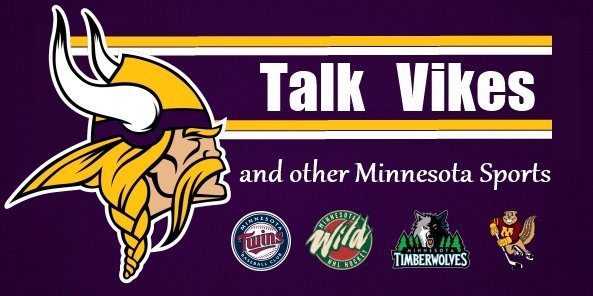Bill Johanesen
Posts: 31812
Status: offline

|
https://www.dailyherald.com/news/20210708/the-billionaire-playbook-how-sports-owners-use-their-teams-to-avoid-millions-in-taxes
This story was originally published by ProPublica. The Secret IRS Files is an ongoing reporting project.
At a concession stand at Staples Center in Los Angeles, Adelaide Avila was pingponging between pouring beers, wiping down counters and taking out the trash. Her Los Angeles Lakers were playing their hometown rival, the Clippers, but Avila was working too hard to follow the March 2019 game.
When she filed taxes for her previous year's labors at the arena and her second job driving for Uber, the 50-year-old Avila reported making $44,810. The federal government took a 14.1% cut.
On the court that night, the players were also hard at work. None more so than LeBron James. The Lakers star was suffering through a painful strained groin injury, but he still put up more points and played more minutes than any other player.
In his tax return, James reported making $124 million in 2018. He paid a federal income tax rate of 35.9%. Not surprisingly, it was more than double the rate paid by Avila.
The wealthiest person in the building that night, in all likelihood, was Steve Ballmer, owner of the Clippers. The evening was decidedly less arduous for the billionaire former CEO of Microsoft. He sat courtside, in a pink dress shirt and slacks, surrounded by friends. His legs were outstretched, his shoes almost touching the sideline.
Ballmer had reason to smile: His Clippers won. But even if they hadn't, his ownership of the team was reaping him massive tax benefits.
For the prior year, Ballmer reported making $656 million. The dollar figure he paid in taxes was large, $78 million; but as a percentage of what he made, it was tiny. Records reviewed by ProPublica show his federal income tax rate was just 12%.
That's a third of the rate James paid, even though Ballmer made five times as much as the superstar player. Ballmer's rate was also lower than Avila's -- even though Ballmer's income was almost 15,000 times greater than the concession worker's.
Ballmer pays such a low rate, in part, because of a provision of the U.S. tax code. When someone buys a business, they're often able to deduct almost the entire sale price against their income during the ensuing years. That allows them to pay less in taxes. The underlying logic is that the purchase price was composed of assets -- buildings, equipment, patents and more -- that degrade over time and should be counted as expenses.
But in few industries is that tax treatment more detached from economic reality than in professional sports. Teams' most valuable assets, such as TV deals and player contracts, are virtually guaranteed to regenerate because sports franchises are essentially monopolies. There's little risk that players will stop playing for Ballmer's Clippers or that TV stations will stop airing their games. But Ballmer still gets to deduct the value of those assets over time, almost $2 billion in all, from his taxable income.
This allows Ballmer to perform a kind of financial magic trick. If he profits from the Clippers, he can -- legally -- inform the IRS that he is losing money, thus saving vast sums on his taxes. If the Clippers are unprofitable in a given year, he can tell the IRS he's losing vastly more.
Glimpses of the Clippers' real-world financial results show the business has often been profitable. Those include audited financials disclosed in a Bank of America report just before Ballmer bought the team, as well as NBA records that were leaked after he became owner.
But IRS records obtained by ProPublica show the Clippers have reported $700 million in losses for tax purposes in recent years. Not only does Ballmer not have to pay tax on any real-world Clippers profits, he can use the tax write-off to offset his other income.
Ballmer isn't alone. ProPublica reviewed tax information for dozens of team owners across the four largest American pro sports leagues. Owners frequently report incomes for their teams that are millions below their real-world earnings, according to the tax records, previously leaked team financial records and interviews with experts.
They include Shahid Khan, an automotive tycoon who made use of at least $79 million in losses from a stake in the Jacksonville Jaguars even as his football team has consistently been projected to bring in millions a year. And Leonard Wilf, a New Jersey real estate developer who owns the Minnesota Vikings with family members, has taken $66 million in losses from his minority stake in the team.
Etc.....
|

 Printable Version
Printable Version















 New Messages
New Messages No New Messages
No New Messages Hot Topic w/ New Messages
Hot Topic w/ New Messages Hot Topic w/o New Messages
Hot Topic w/o New Messages Locked w/ New Messages
Locked w/ New Messages Locked w/o New Messages
Locked w/o New Messages Post New Thread
Post New Thread